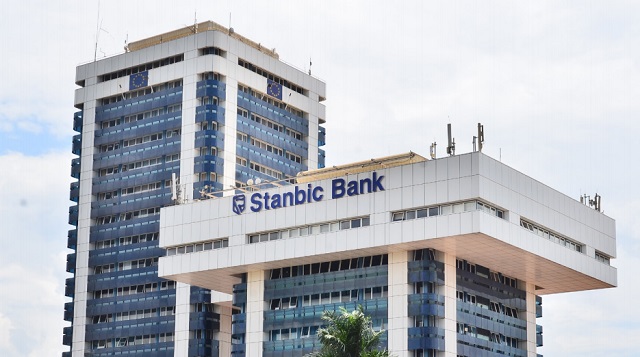Rising customer numbers support expanding private sector output according to Stanbic Bank Uganda index Kampala, Uganda | JULIUS BUSINGE | Growth was recorded again in the Ugandan private sector during May, with output, new orders and employment all rising over the course of the month, according to the monthly Stanbic Purchasing Managers’ Index (PMI).
PMI dropped slightly to 56.5 in May compared to the 57.8 reading in April, but it is still higher than the average during the five years of data collection to date.
The index came out at a time the government was presenting the 2021/2022 national budget with a keen eye on supporting the private sector to further manage COVID-19 hit.
Government says the key to rapid social economic transformation in Uganda rests on industrialization mainly based on agriculture, boosting private sector business, ensuring the wellbeing of Ugandans together with development of their skills for productive work.
The May headline PMI figure provides an early indication of operating conditions in Uganda.
It is a composite index, calculated as a weighted average of five individual sub-components composed of New Orders (30%); Output (25%); Employment (20%); Suppliers’ Delivery Times (15%) and Stocks of Purchases (10%).
Readings above 50.0 signal an improvement in business conditions on the previous month, while readings below 50.0 show deterioration.
Ronald Muyanja, the head of trading at Stanbic Bank Uganda said a range of factors supported the latest rise in business activity, which was the eleventh in as many months.
“Respondents reported increases in sales amid higher client numbers, advertising work and good customer care. New orders also expanded, with growth recorded across all five monitored sectors,” Muyanja said.
According to the latest survey, despite ongoing increases in new orders, companies were able to keep on top of workloads and deplete backlogs.
Efforts to ensure the timely completion of projects were helped by a fourth successive rise in staffing levels.Sponsored by Stanbic Bank and produced by IHS Markit, the monthly survey involves a questionnaire to some 400 purchasing managers and has been conducted since June 2016.It covers the sectors of agriculture, industry, construction, wholesale and retail and services.Muyanja said that firms also responded to improving client demand by expanding their purchasing activity and stocks of inputs. Meanwhile, supplier lead times shortened for the second month in a row as vendors speeded up deliveries to try and secure more work.Input costs increased, with items such as cement, fuel, maize and metals reportedly up in price.Higher […]
